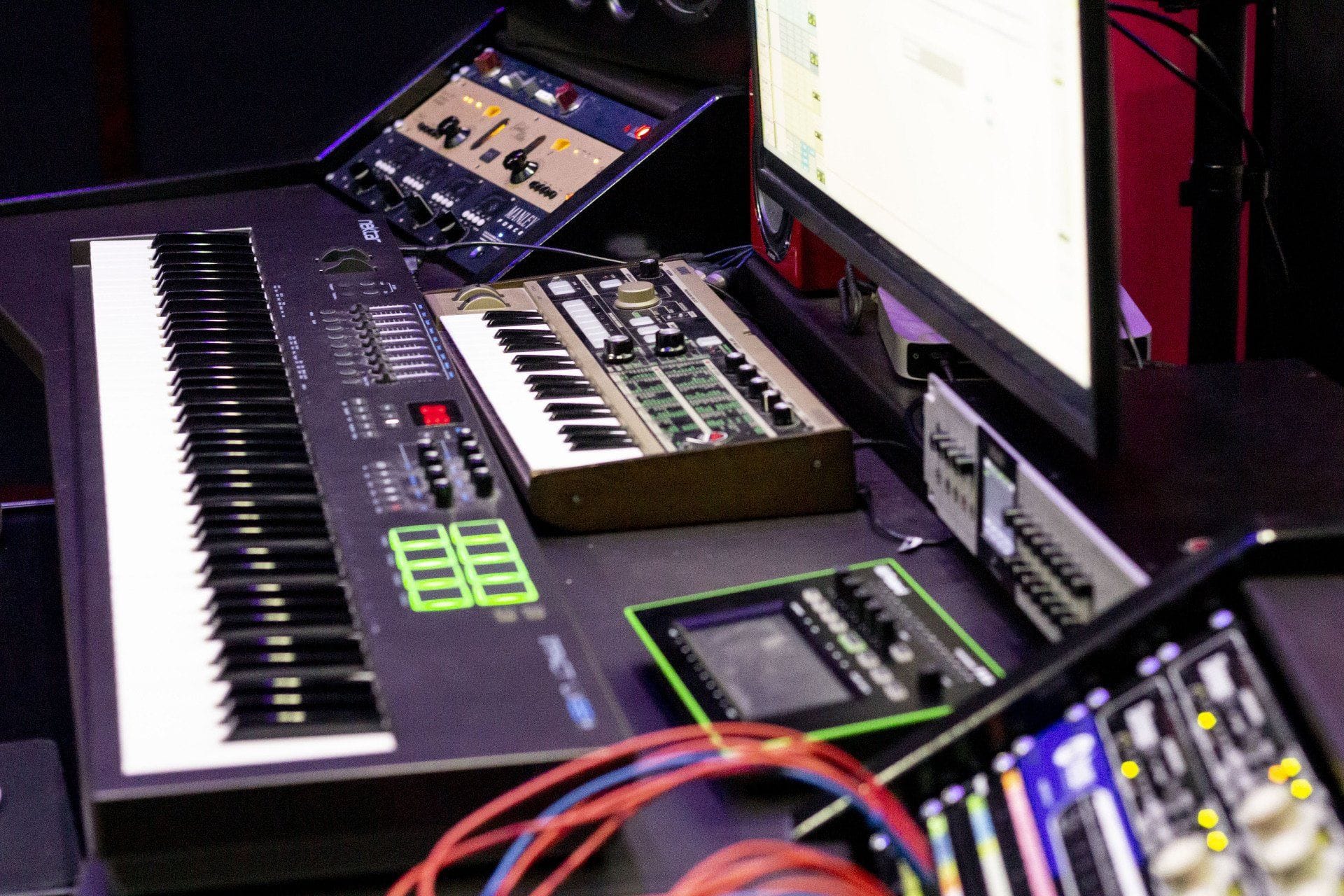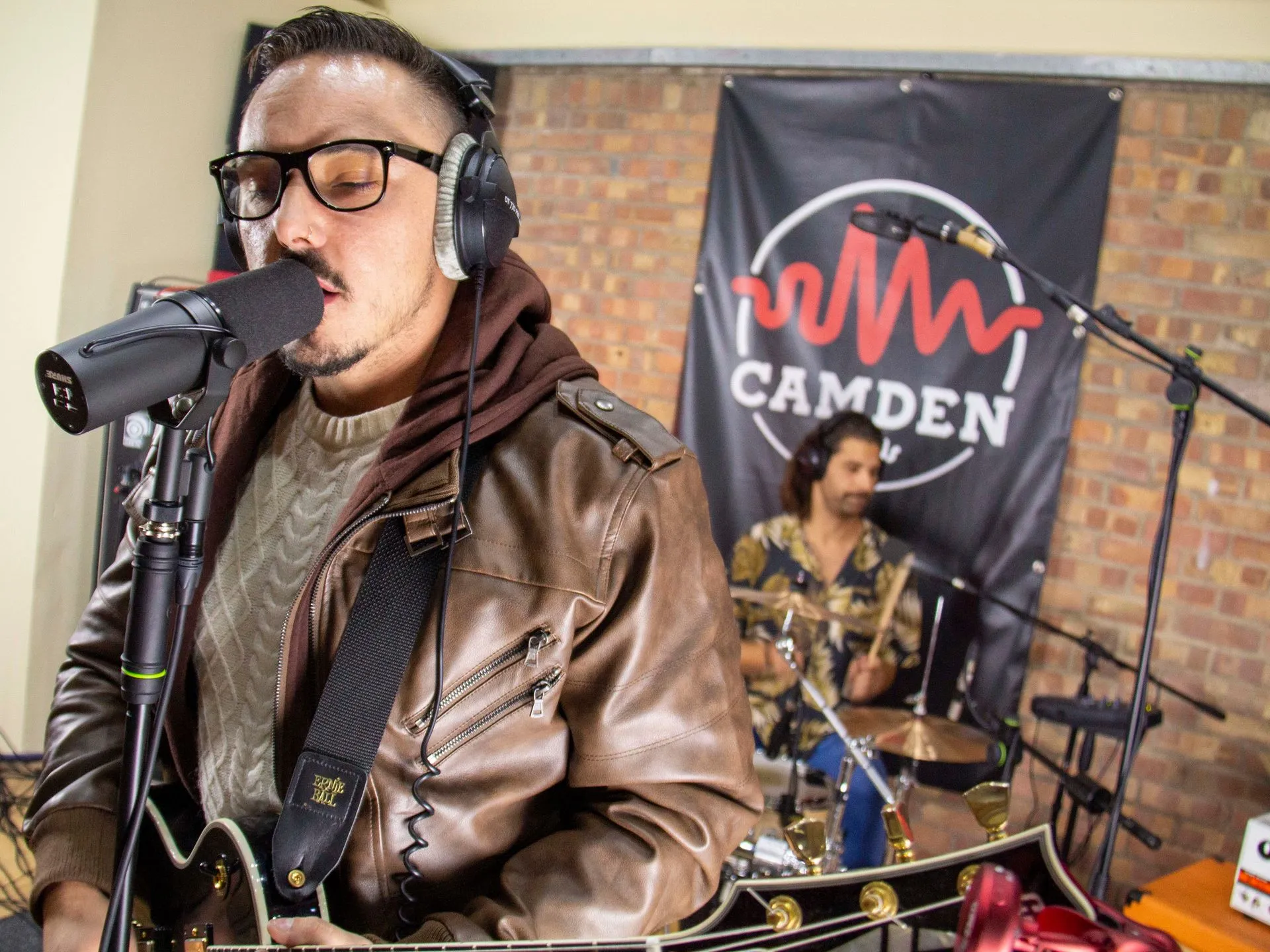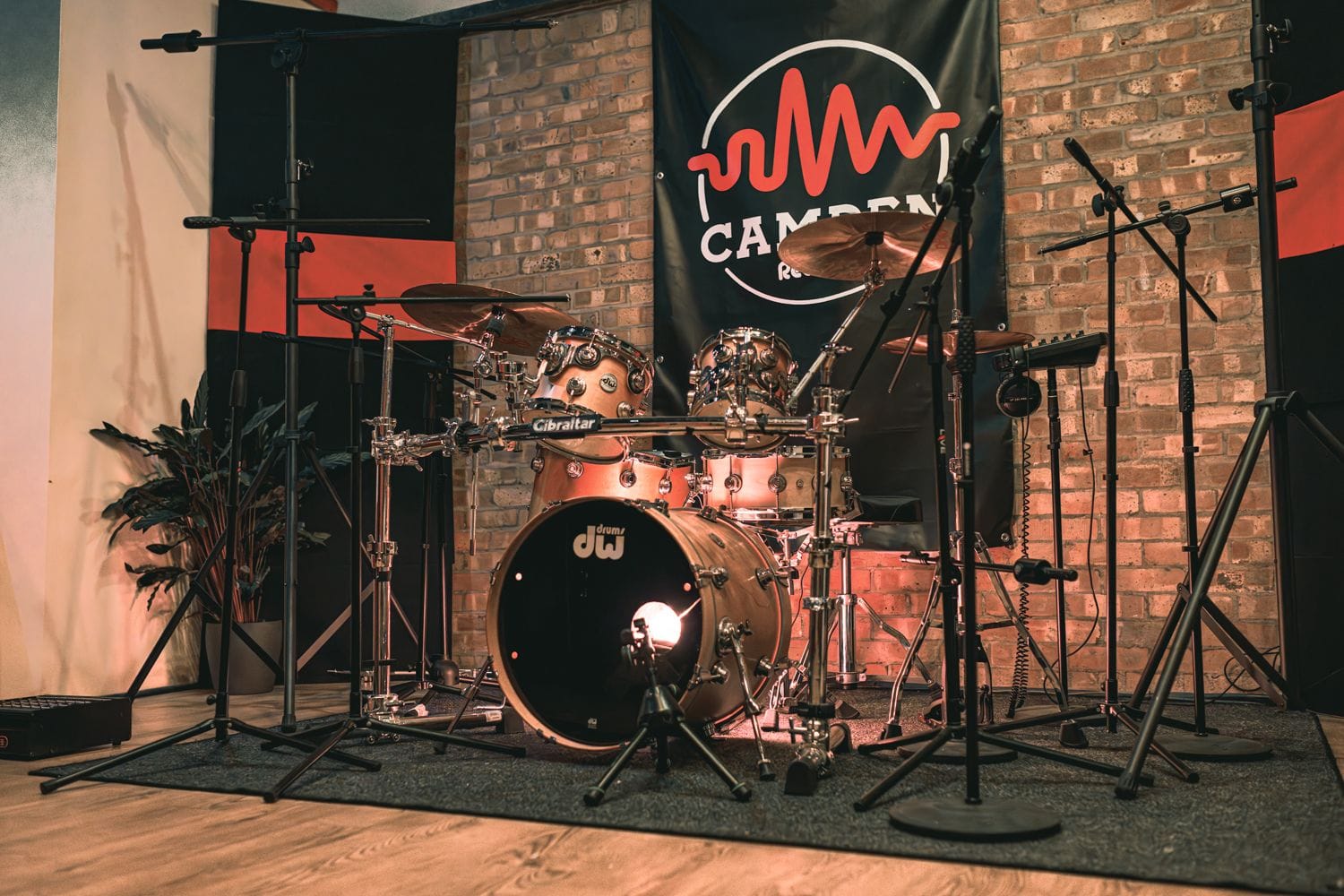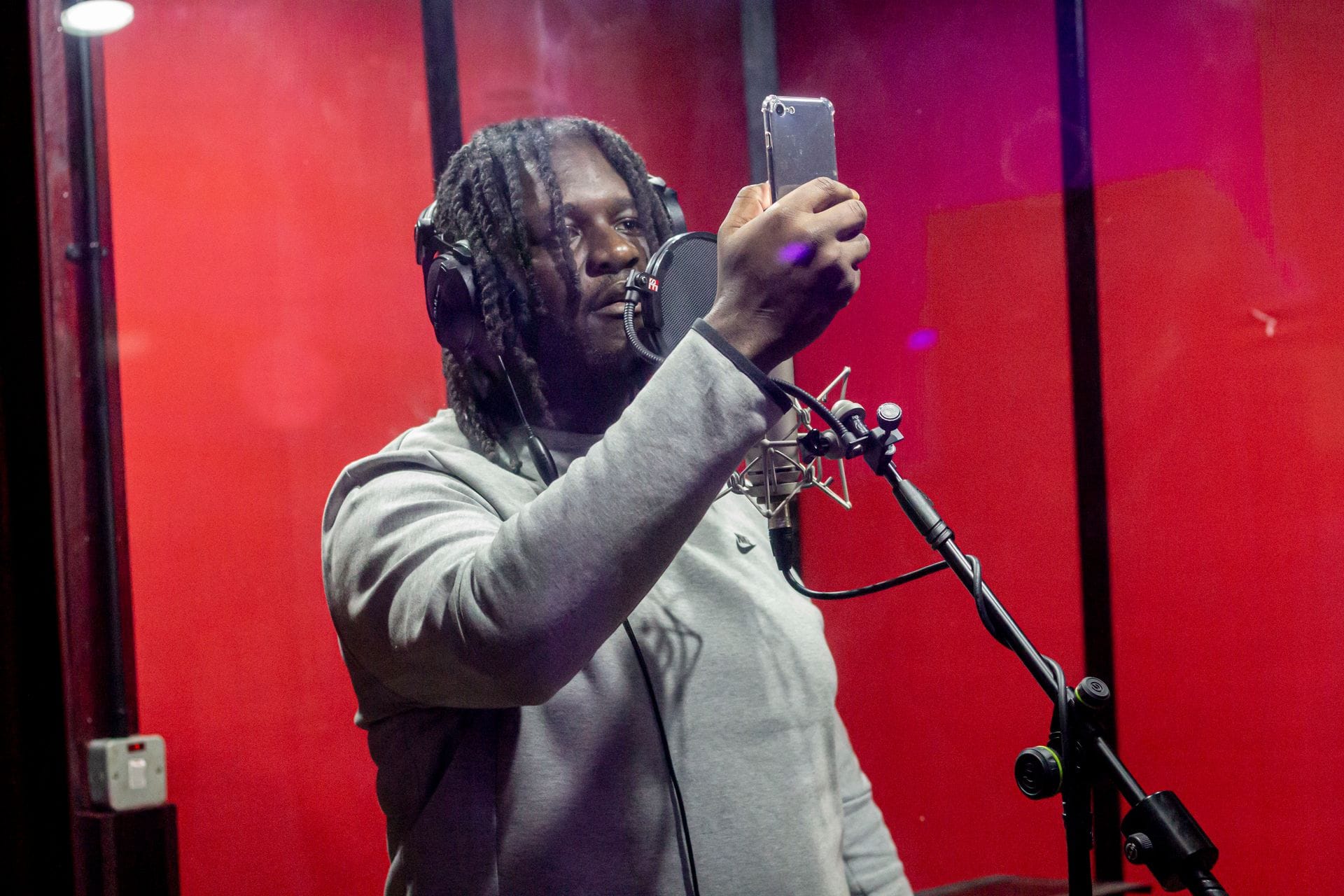How to produce your song in a recording studio for the first time.
Your long-awaited day has arrived and it’s time to record your music in a studio- yet you haven’t a clue of what to expect during your session time.
Don’t fret, this step-by-step guide includes all the juicy details of how your day will be structured when entering the studio for the first time, as well as tips on how to leave your session with the sublime piece that you have always dreamed of.
Before leaking my secrets, I would like to outline the importance of pre-production.
Each artist is given the opportunity to have a chat to their producer about the basic chords, structure, melody and genre of their song before the recording takes place.
Nonetheless, it is highly recommended that you enter the recording studio with a strong vision of the sound, dynamic and structure of your song- these qualities will come naturally to an artist as they fall under the process of song writing itself.
The purpose for this studied demo Is to provide a solid template for you and your producer to work and blossom from.
Below are some questions to ask yourself during this stage:
- What instruments and instrumental techniques will I incorporate into my piece?
- What genre is my piece and which musical influences if any, are present in my piece?
- What tempo will my song be in?
- Which production software will I be using?
Instrumental production
The fun begins! Once you have shown and discussed your demo with the producer, It’s time for both to begin recording the foundation of your piece, being the bass guitar and the drumkit. During this process, you can put on your creative cap and feel free to add any input where relevant.
Whether the artist uses live instrumentalists or software instruments, it is beneficial for them to have a clear idea of the precise sound that works for their song.
For instance, you could focus on the distinct drum sound that you would like to complement your song with, such as a vintage classic rock drum set and compare this to known artists. This will help your producer give life to your ideas.
In this case, a vintage classic rock sound could be compared to Nirvana’s ‘Nevermind’, where the drummer Dave Grohl uses a Tama Bell Brass snare, 18’’ floor drum and a 22 Medium Ride to achieve this specific timbre.
Advanced instrumental production and layering instruments
The instrumental base is complete. You will now have the opportunity to add layers to your track. Do not panic just yet, your producer will have the technical knowledge required to re- produce the envisioned tones and feel from your chosen instruments, focusing on areas like:
- Specific instrumental techniques – such as tuning your guitar differently to achieve Celtic/folk/rock/metal tuning, currently known as DADGAD which is commonly used to evoke different emotions within music.
- Choice of instruments and amplifier settings – for instance, the use of distortion to produce a hard rock feel.
- Fiddling with the EQ to directly adjust the tone of your chosen instrument.
This stage of song production is pivotal in vitalising your song, adding authenticity and refinement to its overall sound. Do not be afraid to add your creative suggestions at this point, whether you decide to include your ideas or not, this is your chance to let your creative wings soar and experience the fun inside the studio!
Voice production
Don’t sweat, we’re almost there! Working closely with your producer, once you have completed your instrumental base, you will finally begin to add the icing on the cake, the vocals. You will have the opportunity to perform in a compelling vocal booth, where you can relax and warm up your voice in preparation for the recording. Remember, you have the freedom to record as many takes as you need, your final vocal performance will include all the best parts of your takes!
Once your vocals have been recorded, you and your producer have the freedom to discuss whether you would like to add harmonies and backing vocals, which embellish the richness and professionalism of your piece.
I’ll let you in on a little secret… Knowing your terminologies is highly regarded in the world of music production and will enable your session to be much more productive and time efficient.
Let’s presume that you have recorded your vocals in your thrilling private vocal booth within the studio but are not satisfied with the vocal sound and haven’t the slightest clue of what it is you are not satisfied with; how could you tackle this?
Here are a series of useful ideas to consider in order to avoid this scenario:
- Have an in depth understanding of which microphone works best for your voice
- Consider whether you prefer using compressors to perfect your vocal sound. (Analog or digital)
- Review whether you would prefer working with overdubs. Double tracking al- lows a singer to sound more in tune, some artists encompass this technique for their vocals.
What’s the next step after recording?
Most of the work is done and the day is over; your song has truly flourished from its initial seed of a small thought.
For your producer, on the other hand, the work does not end here! A process of Mix- ing and Mastering will take place over the next few weeks, which will transform your current song into an exceptional release-ready hit!






